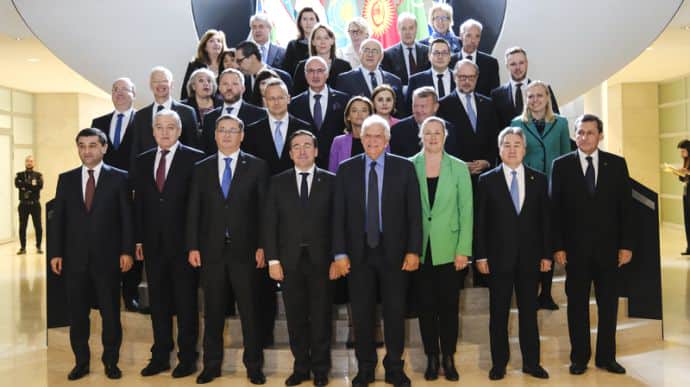Morgan Motor Company: Sports car maker sinks further into the red
The firm behind sports car maker Morgan Motor Company saw its pre-tax loss widen by more than £10m during its latest financial year as it was hit with supply chain issues and increased costs. The Worcestershire-headquartered business has reported a pre-tax loss of £25.5m for 2023, after having posted a pre-tax loss of £15.5m for [...]


The firm behind sports car maker Morgan Motor Company saw its pre-tax loss widen by more than £10m during its latest financial year as it was hit with supply chain issues and increased costs.
The Worcestershire-headquartered business has reported a pre-tax loss of £25.5m for 2023, after having posted a pre-tax loss of £15.5m for 2022.
However, newly-filed accounts with Companies House also show that the firm’s turnover increased from £41.7m to £48.9m over the same period.
Founded in 1909, Morgan Motor Company hand-builds sports cars at its factory in Malvern.
Since 2019, Morgan Motor Company has been majority owned by private equity firm, Investindustrial.
In the UK, the firm’s turnover dropped from £18.5m to £16.2m but jumped from £14.5m to £24.8m in Europe, according to the new accounts.
However, in the red of the world, its sales also fell back from £8.6m to £7.9m over the financial year.
The business said that its ‘strategic one-off costs’ fell from £1.5m to £600,607 in the year while its recall warranty provision was also cut from £2.1m to £895,870.
However, its stock impairment totalled £3.7m and it booked a £3.5m cost for development.
One-off costs and supply chain woes hit Morgan Motor Company
A statement signed off by the board said: “During the year, the group was affected by several key suppliers experiencing financial difficulties.
“To avoid production shortages, the group invested in its stock, made direct payments/control stock from its suppliers, provided resources to help suppliers’ manage their internal processes and re-sourced to more financially stable suppliers when relevant.
“This has negatively impacted cash reserves, margins and production efficiency during the year.
“However, the group has now made good progress in derisking its supply chain.
“During the year the group incurred strategic one-off costs related to the discontinuation of operations at Bicester Heritage, changes in management team, improvements in supply chain and non-recurring legal costs.
“The group also incurred exceptional warranty campaign costs related to several models.”



